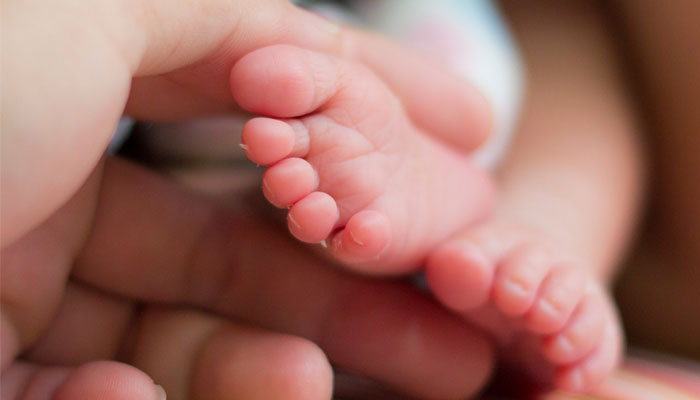
Tips for Recovery After Birth
Congratulations on the birth of your new baby. You probably feel euphoric, but under that euphoria you’re probably also exhausted, overwhelmed, depressed, or in pain. These symptoms are normal, and you should share them with your doctor so you can recover as quickly and thoroughly as possible. Our birth recovery tips will help you take care of yourself so you can take better care of your baby.
Baby Your Muscles
Your muscles may be sore for six to eight weeks, because labor is tough work. You may experience contractions, known as after-pains, as well. Your abdominal muscles, back, and vaginal area will naturally be sore, especially as the uterus shrinks to pre-pregnancy size. However, you may also experience soreness in your neck, shoulders, and jaw. Ask your doctor about over-the-counter medications and other treatments. Home remedies like a heating pad, herbal supplements, and cool compresses may help, too, but you should check with your doctor before taking any new supplements.
Staunch the Flow
After-birth bleeding, also known as lochia, usually goes away within two to four weeks. Until then, expect to see vaginal bleeding and discharge. In some cases, this can last for two months; if it lasts longer, you should see your doctor. You should also see your doctor if your bleeding is unusually heavy or your discharge looks or smells odd.
Nurse Your Vagina
Vaginal swelling, sometimes accompanied by soreness or pain with intercourse, is common if you had a large tear or an episiotomy. Wrap ice in a thin cloth and place it on your vaginal opening for 10 to 20 minutes at a time to ease the pain and swelling. Do not wipe your vagina with toilet paper; use a gentle squeeze of warm water from a bottle, instead.
Be Honest About Depression
Many women suffer from postpartum depression but are afraid to seek help. They fear the stigma, as well as their own feelings. Some women worry their depression will cause them to hurt or abandon their babies, which leads to greater anxiety, anger, and other symptoms. If you aren’t ready to talk to your doctor, seek a counselor with experience in postpartum depression. You can go to counseling with or without your partner, but make sure you have a solid support system nearby, including plenty of childcare options.
Exercise in Moderation
You’re probably eager to lose the baby weight, but don’t jump into high-intensity exercise just yet. Most doctors recommend waiting for at least six weeks before doing aerobic exercise or weight lifting. Aerobic exercise includes jogging, bicycle riding, Zumba, or using most gym machines. For the first six weeks, don’t lift anything heavier than your baby. Ask your doctor about gentle stretching to prepare your body for more vigorous activities.
Remember, the team at Women’s Medical Associates of Nashville is here to help. Talk with your physician about any recovery questions or concerns you may have.
